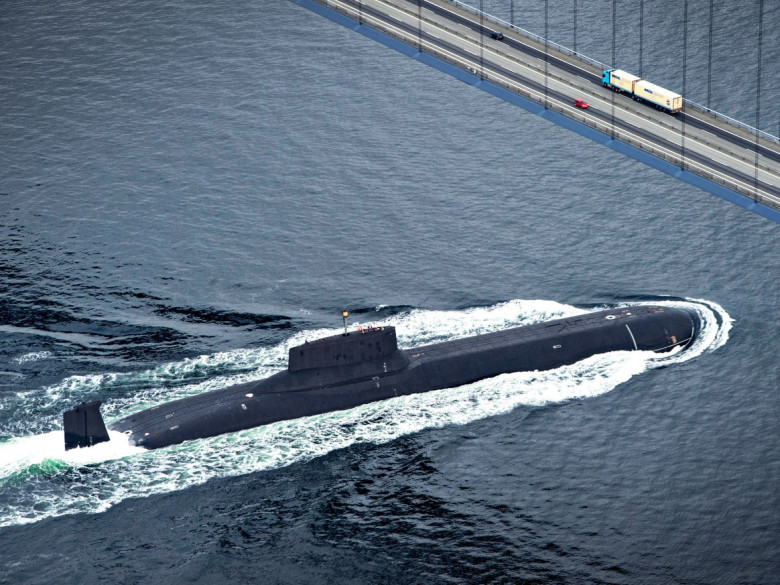What Would Really Happen If Russia Attacked Undersea Internet Cables
It might seem like a nightmare scenario. A terrorist organization or nefarious nation state decides to derail the global internet by faulting the undersea fiber optic cables that connect the world. These cables, which run along the ocean floor, carry almost all transoceanic digital communication, allowing you to send a Facebook message to a friend in Dubai, or receive an email from your cousin in Australia.
US Navy officials have warned for years that it would be devastating if Russia, which has been repeatedly caught snooping near the cables, were to attack them. The UK’s most senior military officer said in December that it would “immediately and potentially catastrophically” impact the economy were Russia to fault the lines. NATO is now planning to resurrect a Cold War-era command post in part to monitor Russian cable activity in the North Atlantic.
The idea of the global internet going dark because some cables were damaged is frightening. But if Russia or anyone else were to snip a handful of the garden hose-sized lines, experts say that the consequences would likely be less severe than the picture the military paints. The world’s internet infrastructure is vulnerable, but Russia doesn't present the greatest threat. There are plenty of more complicated problems, that start with understanding how the cable system actually works.










































































